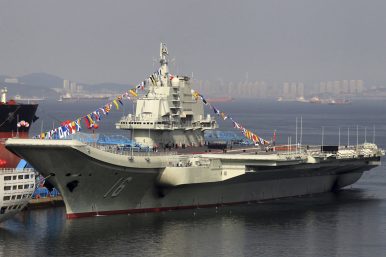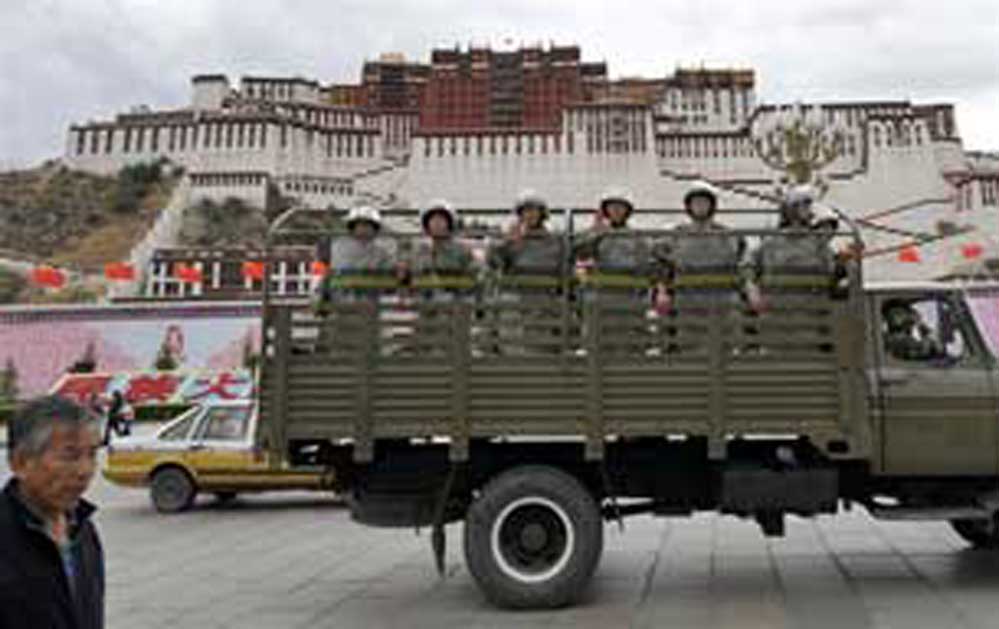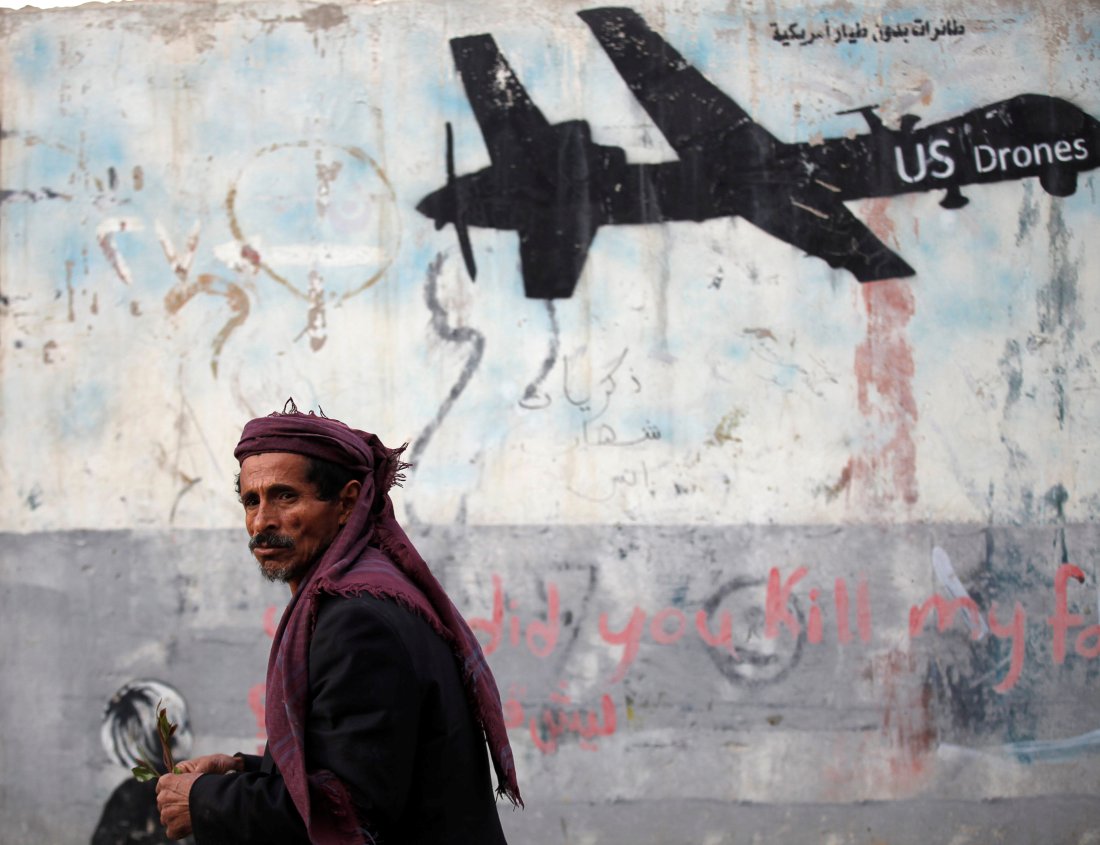Hamdullah Mohib
 A senior Afghan official has accused the U.S. special envoy to his country, Zalmay Khalilzad, of "delegitimizing" the Kabul government by excluding it from peace negotiations with the Taliban and acting like a "viceroy."
A senior Afghan official has accused the U.S. special envoy to his country, Zalmay Khalilzad, of "delegitimizing" the Kabul government by excluding it from peace negotiations with the Taliban and acting like a "viceroy."
The comments on March 14 by Hamdullah Mohib, who serves as Afghan President Ashraf Ghani's national-security adviser, drew immediate rebuke from Washington, with the State Department saying that his remarks "only serve to hinder" U.S.-Afghan ties and the peace process.
Speaking during a news conference at the Afghan Embassy in Washington, Mohib, a former ambassador to Washington, directed his attacks at Khalilzad's conduct of peace talks with the Taliban.
Kabul has been excluded from the talks, held in Qatar, because the Taliban refuses direct negotiations with the Afghan government, insisting it is a puppet of the West and demanding that foreign troops pull out of the country before bilateral talks can begin.

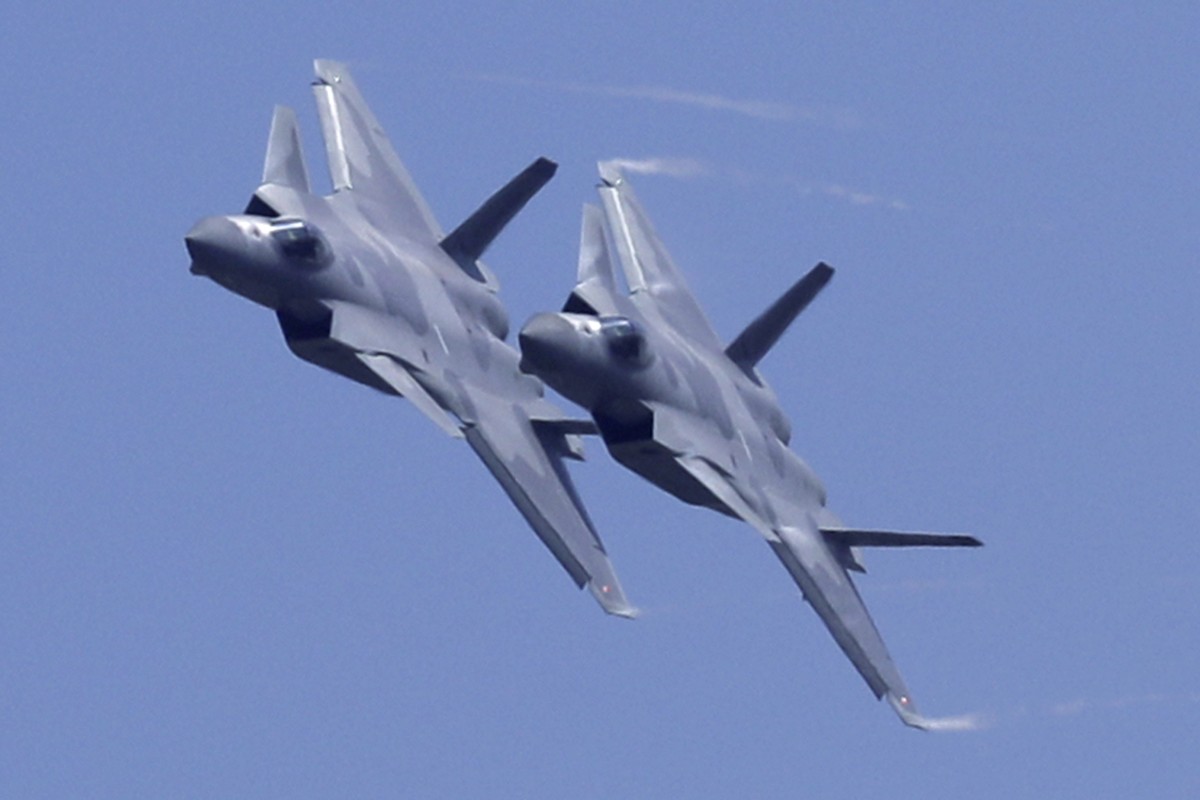

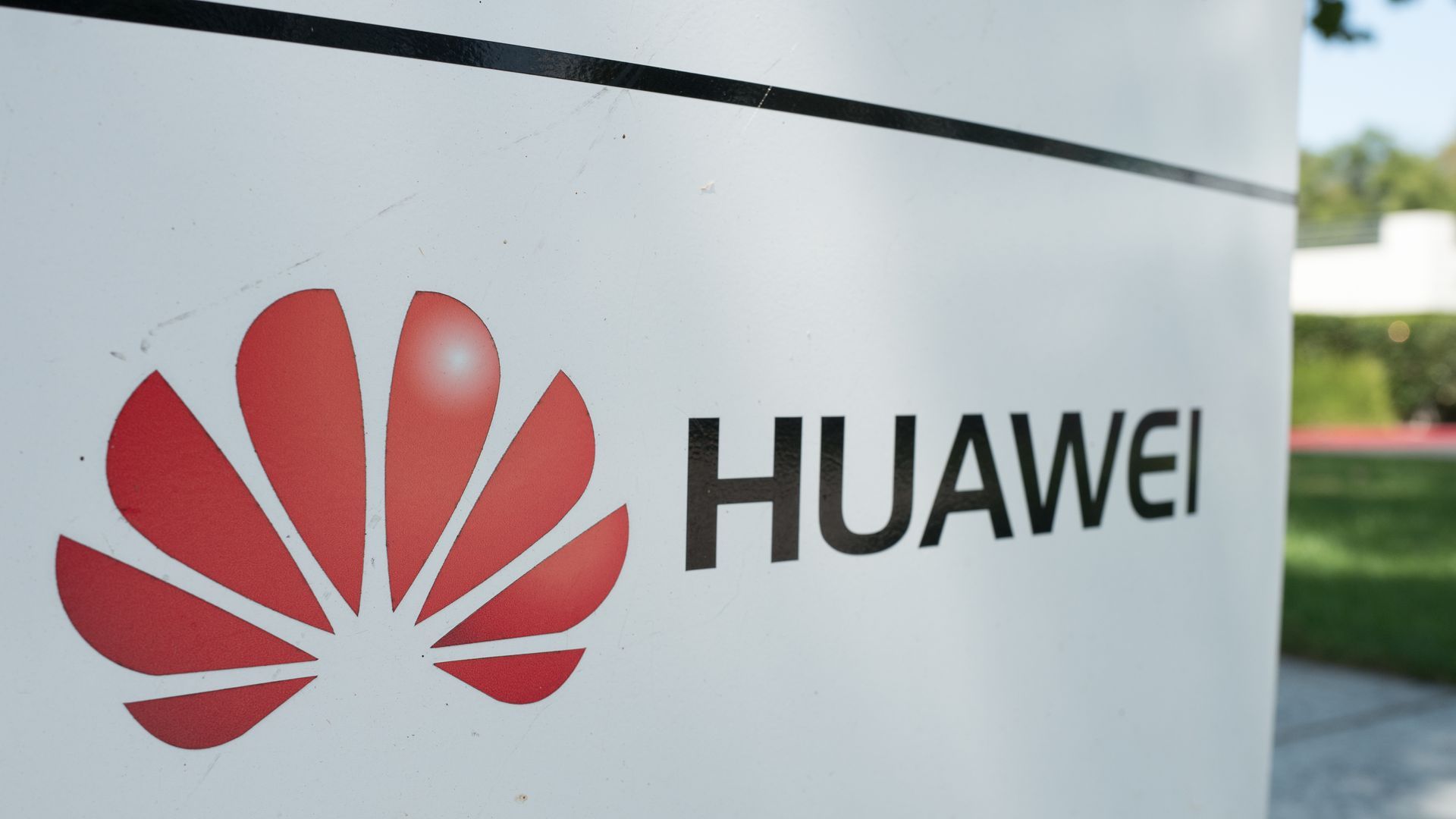
/arc-anglerfish-arc2-prod-mco.s3.amazonaws.com/public/C7PXCGLUNND4LC3Z6XSQWV2XRI.jpg)
